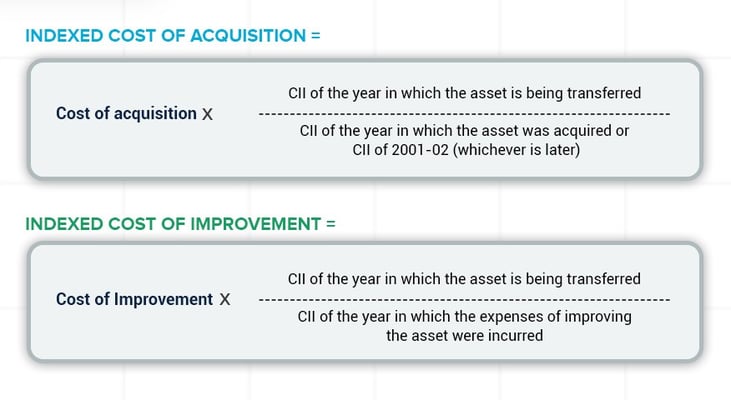Capital Gains on Property | Section 54 of Income tax Act


Gains on property can be a lucrative source of income for investors, but they also come with tax implications. Understanding the provisions of Section 54 of the Income Tax Act can help you minimize tax liabilities and maximize your returns on property investments.
When you sell a property for a profit, the difference between the sale price and the purchase price is considered as capital gains. Capital gains are categorized as short-term gains (if the property is held for less than 2 years) or long-term gains (if held for 2 years or more).
Taxation of Capital Gains on Property
Short-term capital gains on property are taxed at the individual's applicable income tax slab rates. For example, if an individual falls under the 30% tax slab, short-term capital gains on property will be taxed at 30%.
Long-term capital gains on property are taxed differently based on whether the property is a residential property or a non-residential property (such as land, commercial property, etc.).
Long-term capital gains on residential property are taxed at a flat rate of 20% after providing for indexation benefit.
Indexation adjusts the purchase price of the property for inflation, reducing the taxable capital gains and, consequently, the tax liability.
Capital gains on property can be a rewarding investment avenue, and understanding the benefits of Section 54 can significantly enhance your returns while minimizing tax liabilities. By reinvesting capital gains in residential properties within the specified timelines and leveraging tax-saving provisions intelligently, you can optimize your real estate investments and achieve long-term financial success.
Long-term capital gains on non-residential property are taxed at a flat rate of 20% without the benefit of indexation.
If the long-term capital gains on residential property are invested in another residential property within the time specified below under Section 54 of the Income Tax Act, the gains can be exempted from tax (subject to conditions).
Individuals who qualify as senior citizens (aged 60 years or above) may have different tax rates and exemptions applicable to their capital gains.
What is Section 54 of the Income Tax Act?
Section 54 of the Income Tax Act provides tax relief on long-term capital gains arising from the sale of a residential property.
Eligibility: The exemption under Section 54 is available to individuals and Hindu Undivided Families (HUFs) who reinvest the sale proceeds from a residential property in another residential property.
Exemption Limit: The entire amount of long-term capital gains reinvested in the new property is eligible for exemption under Section 54, subject to certain conditions and limits.
Time Limit: To claim the exemption, the new residential property must be purchased within 1 year before the sale or 2 years after the sale of the original property. In case of construction, the new property must be completed within 3 years from the date of sale.


